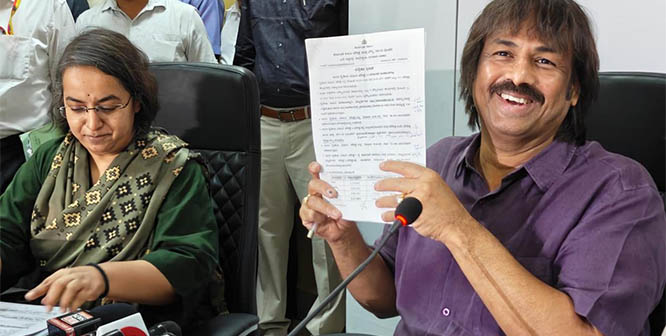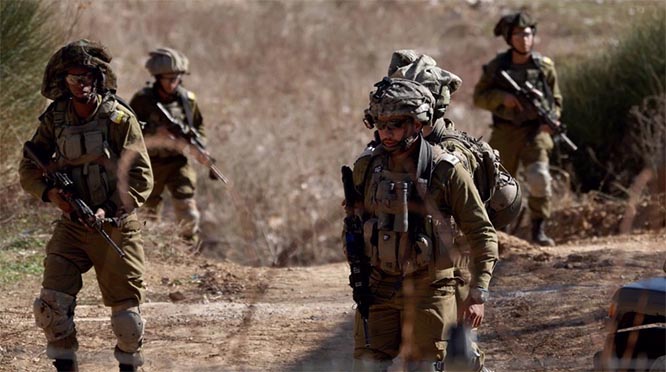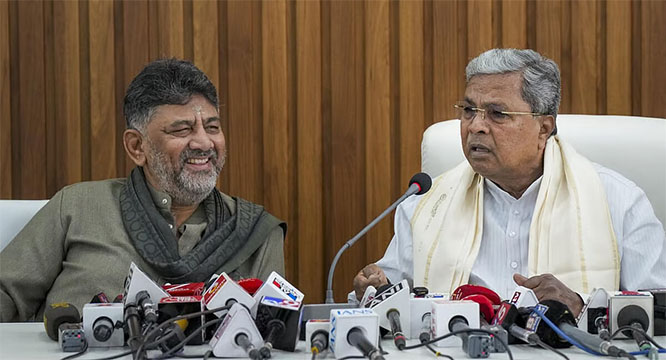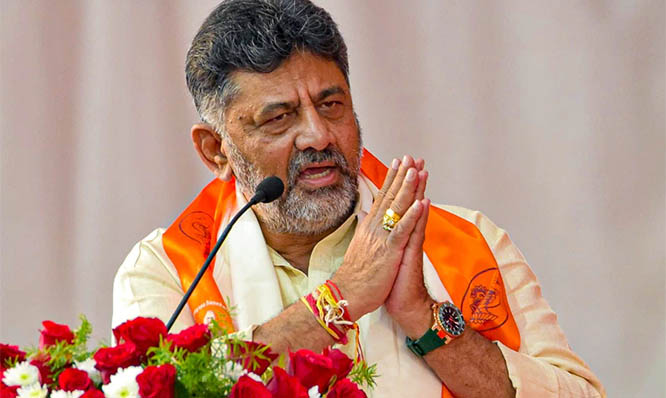
Bengaluru: The results of the PUC 2 examination one were announced today with an over all pass percentage of 69.16 as against the 81.15% in the 2024 exam 1.
Due to several examination reforms, including installation of Artificial Intelligence (AI) enabled CCTV cameras in the examination hall to check malpractices and webcasting of the entire process, the results seem to have dipped by 11.99% compared to the previous year.
The results will be available online after 1:30pm. Candidates can visit http://karresults.nic.in to check their results.
Amoolya M Kamath from Expert PU college Dakshina Kannada, Deeksha R from Vagdevi PU College Shivamogga have topped the state in science stream by scoring 599 for 600.
In Commerce Deepashree S from Canara PU College Dakshina Kannada emerged as topper with 599 out of 600 and in Arts LR Sanjana Bai of Indu Independent PU college Kottur in Ballari bagged the first place by scoring 597.
Minister for School Education and Literacy Madhu Bangarappa released the results and said, "students those who have failed or those who wish to improve their marls can take exam 2 and 3. We will not be charging any fee for exam 2 and 3."
"I will not say students are failed. As the exam process will complete only after 3rd exam, we have hopes to improve the results by 3-4%," he mentioned.
"We have opportunity to improve the results. We have conducted the exams with complete vigil by preventing all the malpractices by monitoring through webcasting," said the minister.
For exams 1 total of 6,37,805 were appeared of which 468439 managed to clear the exams.
This time department has not given any grace marks, except the one which awards to push those who were in border line. "There were over 8297 students in the borderline and pushed with the grace as per scheme of evaluation," the minister added.
Udupi Leads Again
The coastal district of Udupi has emerged as the top performer once again, recording a remarkable 93.90% pass rate, as per a report on One India. Dakshina Kannada followed closely with 93.57%, while Bangalore South stood third at 85.36%. At the bottom of the list, Yadgir reported the lowest pass percentage with 48.45%.
Here are the top 10 performing districts:
Udupi – 93.90%
Dakshina Kannada – 93.57%
Bangalore South – 85.36%
Kodagu – 83.84%
Bangalore North – 83.31%
Uttara Kannada – 82.93%
Shimoga – 79.91%
Bangalore Rural – 79.70%
Chikmagalur – 79.56%
Haveri – 76.56%








Comments
Add new comment